Results
-
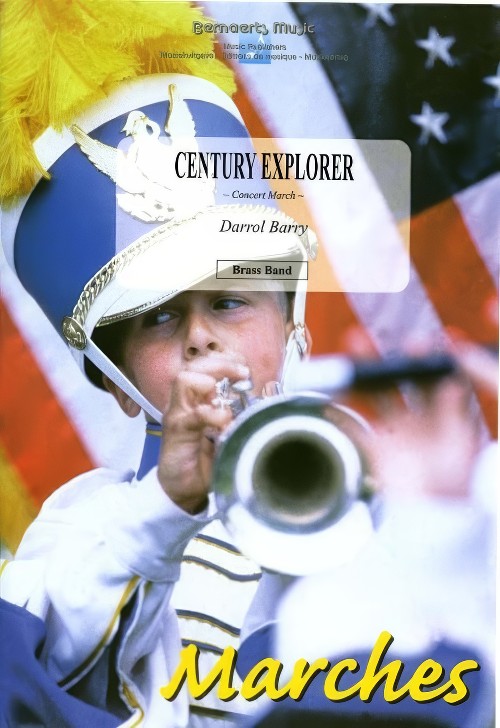 £54.99
£54.99Century Explorer (Brass Band - Score and Parts) - Barry, Darrol
Concert March - Commisioned by The Ellenbrook & Boothstown Band. Duration: 03:40
Estimated dispatch 7-14 working days
-
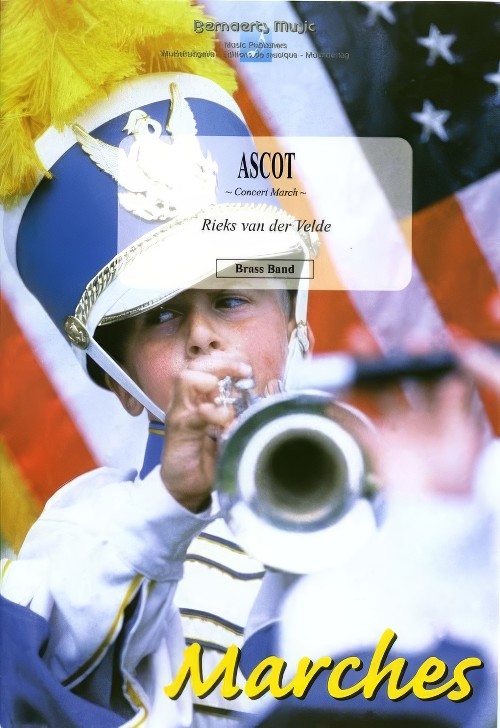 £54.99
£54.99Ascot (Brass Band - Score and Parts) - Velde, Rieks van der
Concert March. Duration: 3.30
Estimated dispatch 7-14 working days
-
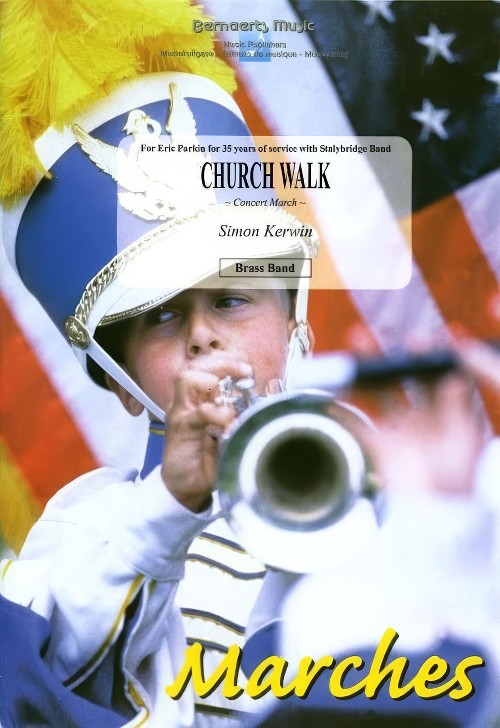 £54.99
£54.99Church Walk (Brass Band - Score and Parts) - Kerwin, Simon
Concert March - For Eric Parkin for 35 years of service with Stalybridge Band. Duration: 03:15
Estimated dispatch 7-14 working days
-
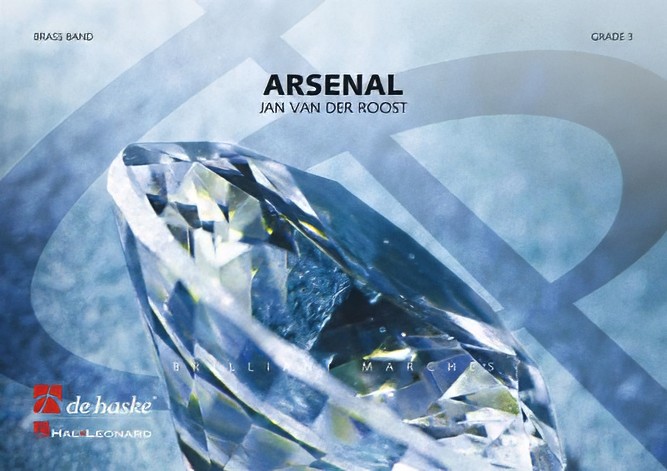 £60.99
£60.99Arsenal (Brass Band - Score and Parts) - Van der Roost, Jan
Arsenal was composed for the 50th anniversary of the 'Harmonie van het Spoorwegarsenaal'[railroad arsenal], based in Mechelen (Belgium). Rather a stately concert march, it has beautiful themes and a broad melody in the trio. It was premiered in the Mechelen Cultural Center on the 11th of May 1996 during the solemn ceremony, opening the anniversary year and conducted by the composer. In the mean time, Arsenal has been recorded several times by such renowed performers like the Tokyo Kosei Wind Orchestra, the Black Dyke Brass Band etc.Duration: 3:30
Estimated dispatch 7-14 working days
-
 £24.95
£24.95 -
 £42.95
£42.95BLAST! (Brass Band) - Richards, Goff
Concert March. Grade: Easy. Recorded on Polyphonic QPRL229D Ovation!
Estimated dispatch 7-14 working days
-
 £54.20
£54.20CIRCUS BEE, The (Brass Band) - Fillmore, Henry - Wilkinson, Keith M.
Concert March. Grade: Easy/Medium.
Estimated dispatch 7-14 working days
-
 £60.99
£60.99Constellation (Brass Band - Score and Parts)
This easy concert march can be divided into two parts. The first part, which is rhythmical, beautifully contrasts with the second part, which is lyrical. Each section of the band has its turn in this concertmarch, which, in spite of its easy level of difficulty, deserves the designation "five-star piece." 03:45
Estimated dispatch 7-14 working days
-
 £37.95
£37.95INVICTUS (Brass Band) - Himes, William
Concert March. Recorded on Polyphonic QPRL042D A Touch More Spice
Estimated dispatch 7-14 working days
-
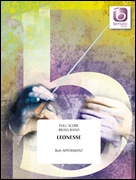 £76.99
£76.99LEONESSE (Brass Band) - Appermont, Bert
Leonesse is the name of the castle and landed estates of Lady Guinevere, from the famous story of King Arthur. This stately concert march leads us to the old England with its legendary castles and the beautiful and impressive landscapes where many knights have died. Following a festive opening, a majestic melody symbolises the atmosphere of courtly elegance and refinement. The second part of this original composition describes, with a broad and dignified melody, the beauty and extensiveness of the English hills. Duration: 5:05.
Estimated dispatch 7-14 working days
